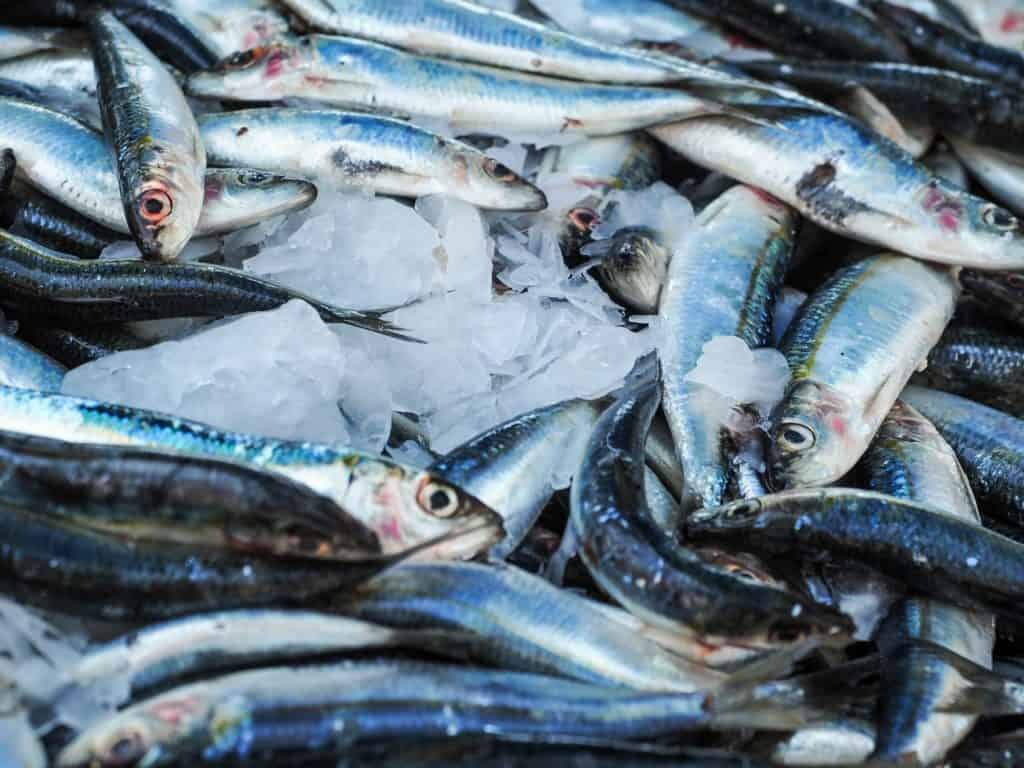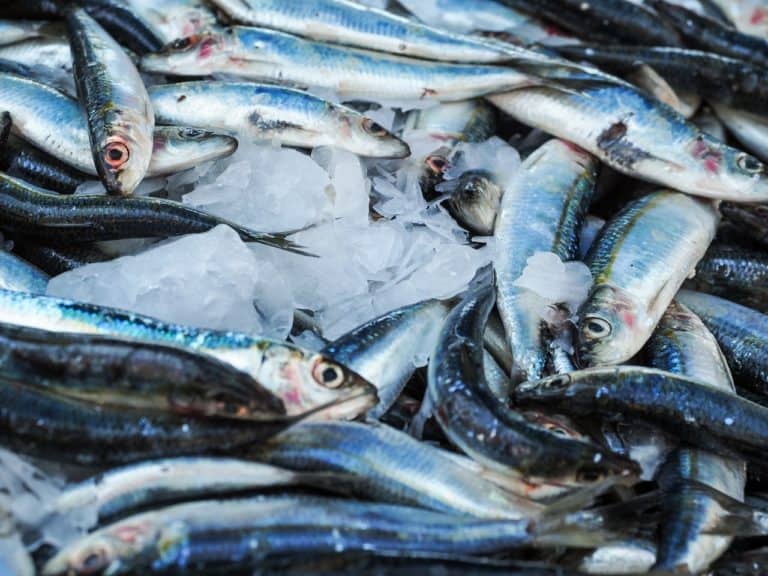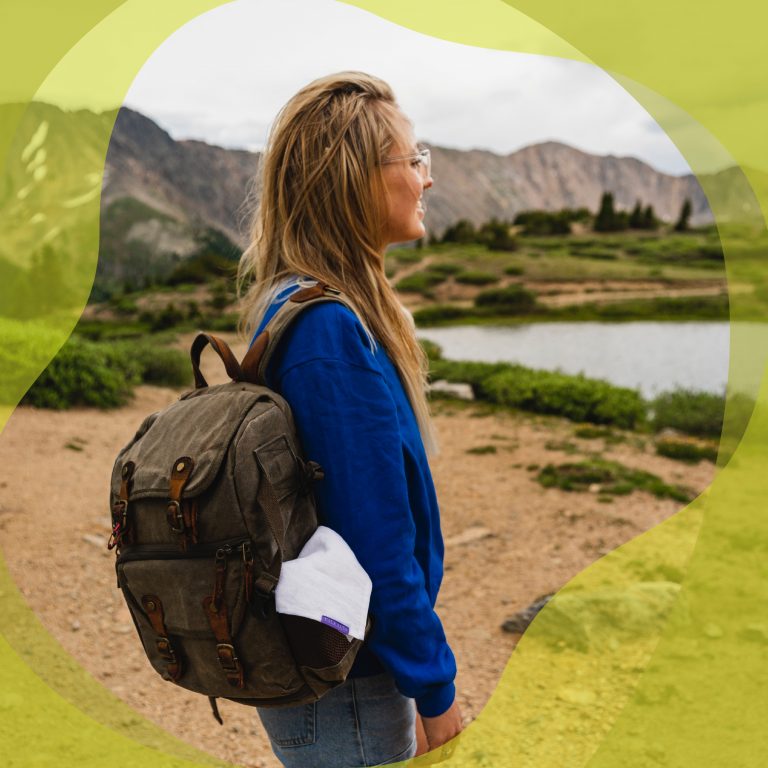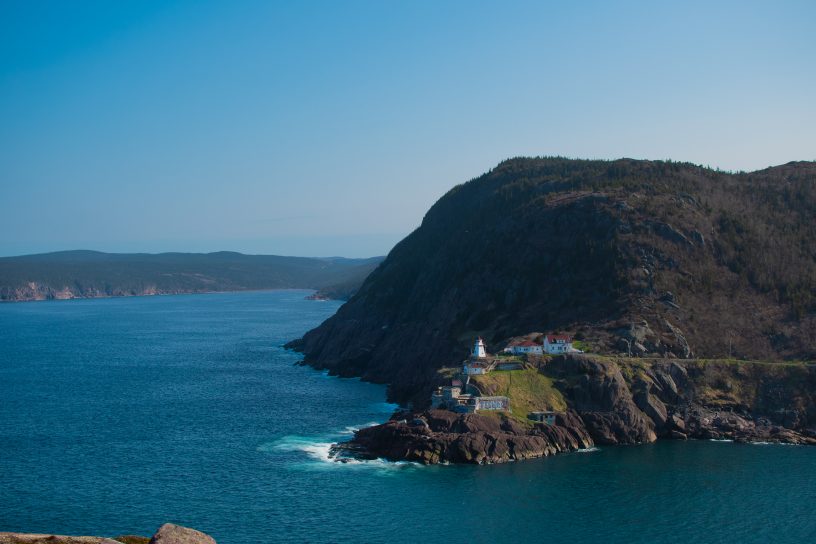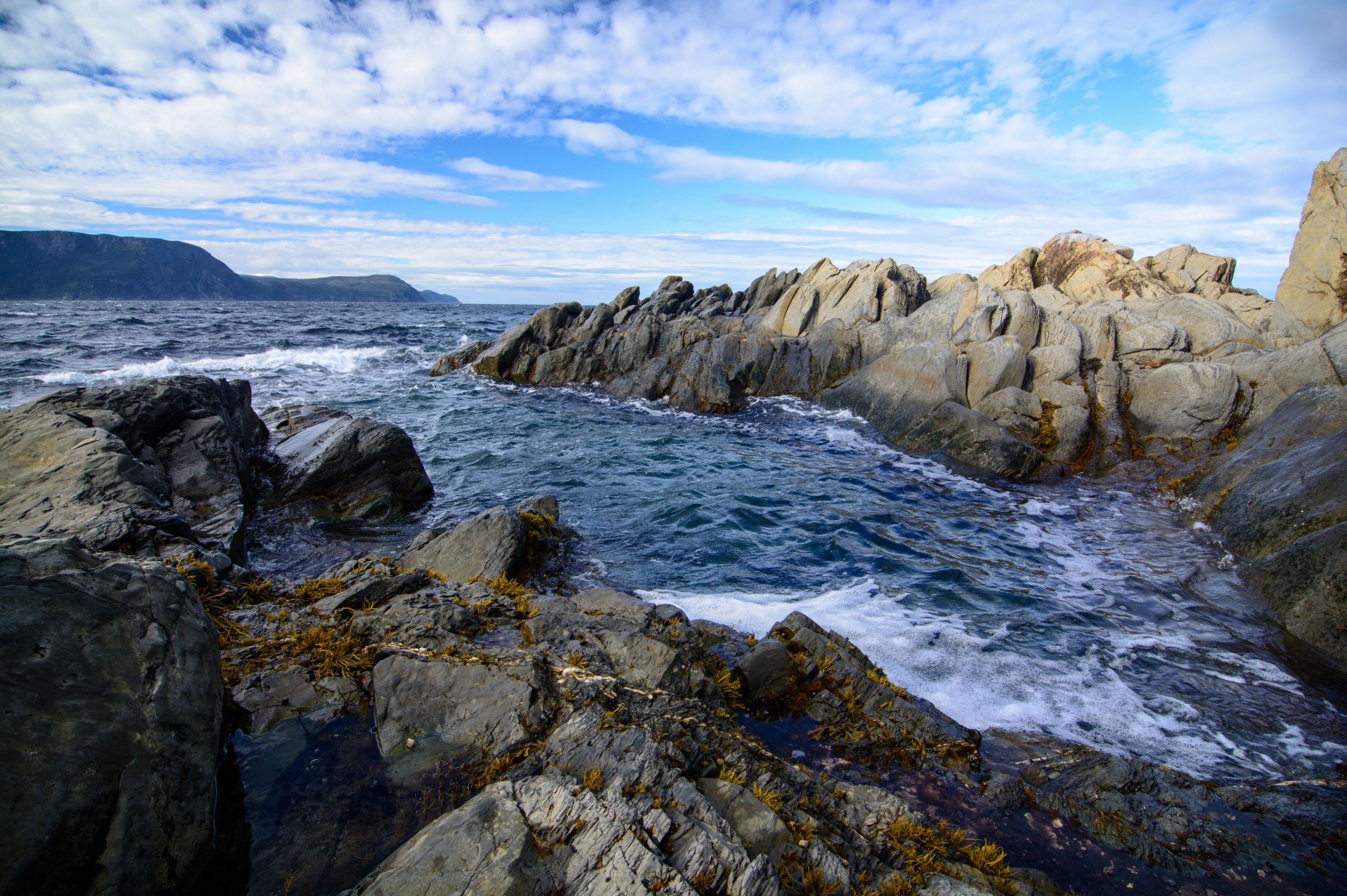Eco-Labels and Sustainable Seafood: The Power of RAPSTA
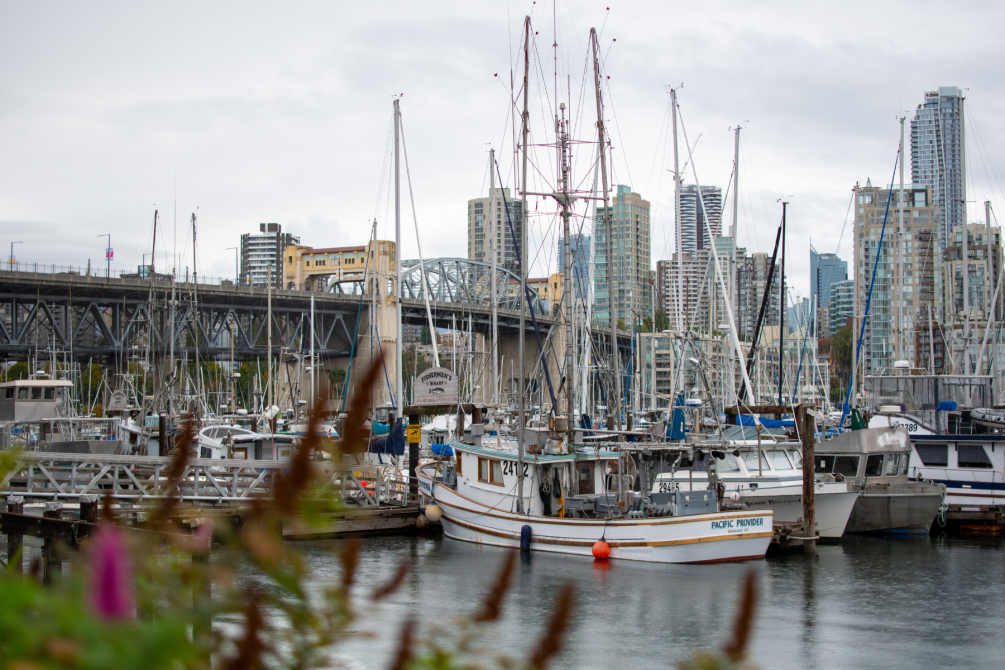
by Samantha Renshaw, Ocean Wise Science Lead
Ocean Wise’s Rapid Assessment Standard (RAPSTA) continues to revolutionize their ability to assesses the sustainability of Canadian seafood, including previously excluded community-based fisheries.
The Importance of Supporting Sustainable Seafood
Canadian fisheries are stressed and the time to support sustainable seafood has never been more important. Consumers have the power to cause meaningful change on the water by driving the demand for sustainable products with their purchasing decisions.
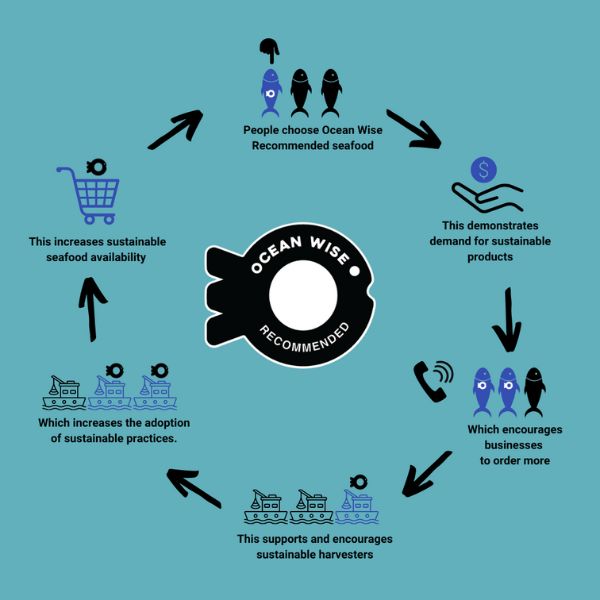
“Eco-labels, like Ocean Wise, empower businesses and consumers to make seafood purchases with the health of our ocean in mind. Without these labels, seafood sourced responsibly, and overfished seafood are virtually indistinguishable to buyers.â€
Mike McDermid, Ocean Wise Director of Fisheries and Seafood
However, it’s becoming increasingly difficult for Canadians to easily support sustainable local seafood because many domestic fisheries, especially those operating at a smaller scale, are excluded from sustainable seafood programs.
The Reality of Sustainable Seafood Assessments
Did you know it often takes months of work and thousands of dollars to produce only a handful of sustainable seafood assessments? Depending on the eco-label organization, this high resource cost can either be absorbed by the sustainable seafood program, or by the fishery themselves. But either way it acts as a huge barrier of entry for many small-scale fisheries.
Because the resource demand for assessing a fishery is so high, fisheries are prioritized based on their perceived importance. Currently only 77% of known Canadian fisheries are assessed by a sustainable seafood program, with many small-scale operations falling into the unassessed category despite their capacity to provide Canadians with high-quality, sustainable seafood.Â
RAPSTA as the Solution
Since its launch in 2023, the yearly RAPSTA results have allowed Ocean Wise to provide sustainability ratings for an additional 180 historically excluded Canadian fisheries. Turning 180 “no information available†seafoods into either an “Ocean Wise†or “Not Recommended†option.
This unique assessment method gives Canadians a better understanding of domestic seafood sustainability while simultaneously creating a more accessible entry point for small-scale fisheries.
RAPSTA generates these ratings by combining existing Ocean Wise data on gear type and habitat impact with publicly available data from Oceana Canada and Seafood Watch
Read the Ocean Wise Rapid Assessment Standard Results for 2024 here.

On The Water Engagement for an Ocean-Friendly Future
RAPSTA is opening the door for Ocean Wise to begin working directly with underrepresented small-scale fisheries.
Because small-scale fisheries are often reliant on the health of local ocean ecosystems, many naturally operate at more sustainable levels than industrial operations.
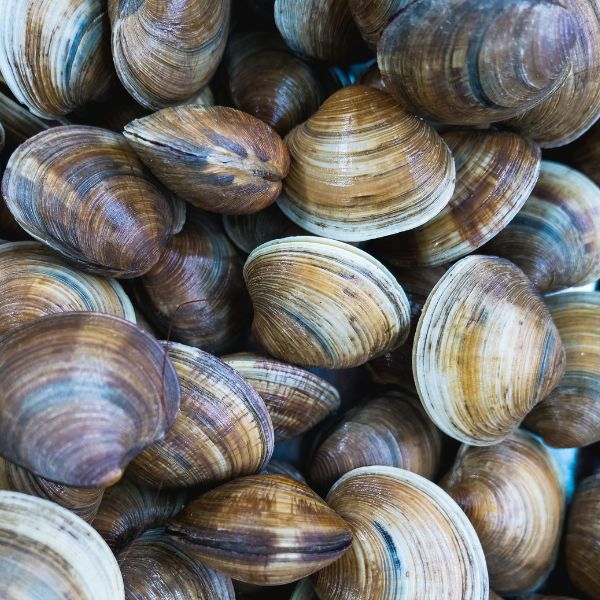
Being able to recognize and support sustainable seafood options from local harvesters is a vital step for growing local sustainable seafood markets – driving more dollars back into local pockets and economies.
Ocean Wise is currently working to adapt their RAPSTA methodology to assess BC’s Salmon fisheries more accurately, many of which are small-scale operations. Due to the ever-changing nature of Pacific Salmon stocks, a quick and efficient assessment method is necessary to respond to the challenges facing these unique populations. Stay tuned for more information about this exciting new Ocean Wise project!

Posted January 17, 2024 by Ocean Wise
